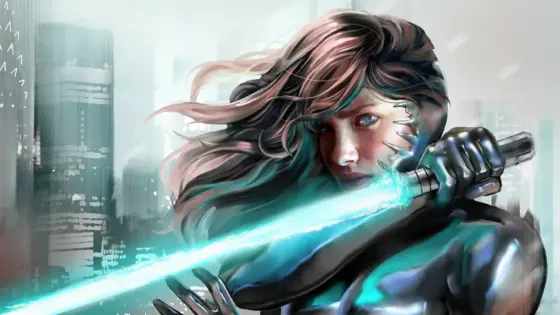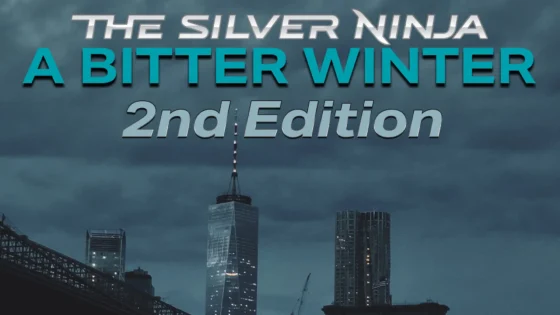There is a reason why On Writing by Stephen King is a recommended read for all indie authors.
No matter if you love or hate Stephen King’s work, there is something magical imbued into the words of On Writing. It’s not necessarily a book that will teach you how to write, nor is it a book about writing theory, but it does have the potential to open your mind to new ideas.
On Writing is Stephen King’s personal experiences with the writing process. He describes how he writes and how he edits, but not through step-by-step instruction. Instead, he leads us through his childhood and adult life. In each era, he details the moments that influenced him most as an author. If you’re hoping for lesson plans or mechanical how-to manuals, you will be sorely disappointed.
On Writing is a memoir, not a manual, of Stephen King’s life.
Does he share some great tips on craft itself? Yes he does. Is it just about the craft? No it is not. Honestly, because so many Youtube videos and blog articles have covered this, I am not going to discuss what writing tips he shares. If you want to know the specifics, read the book or google a top ten list, his tips always come up.
Instead, what I want to talk about is what you, an indie author, would potentially get out of reading this book.
Right off the bat, I can tell you that On Writing is gospel for pantsers and an insult to plotters. King is famous for telling interviewers that you don’t need to outline, you just need your imagination. But I will warn you pantsers out there, this book might reaffirm your writing style, but it doesn’t mean you can pull it off as easily as he can. I should know, because I was one.
I preferred writing without an outline. If given a choice, I would prefer pantsing over outlining any day of the week.
But as I learned from publishing my first two books, writing without an outline is like transcribing dreams into words. Sometimes they’re coherent, and sometimes they are pure gibberish.
My pantsing style led me to performing massive rewrites on almost all of my novels. I would write myself into dead ends and contrived plot situations because I didn’t know what to do next. Writing without an outline could lead you to scenes that don’t advance the plot or create character depth. As a result, the last book I tried to pants ended up delayed by three years.
Nowadays, I’ve evolved into a hybrid plotter/pantser. I will outline the general structure of the story, identify the villains, themes, and key plot points. Then I will pants scenes in order to figure out if the scene is interesting and fun to read. Or, I’ll do it to fill in gaps in my outline where I couldn’t think of what is supposed to happen next.
What this book will do is give you a peek into how the most prolific author of our lifetime goes about creating his novels.
It doesn’t matter if you’re a fan of his work or hate it, On Writing will teach you something about what it takes to be a writer. Life experiences, reading a variety of books, writing as frequently as you can, obstacles, all these ingredients are needed to master your craft.
And I know Stephen King is a master of his craft because he made me cry while reading On Writing.
Somewhere between the middle and end of the book, King discusses the death of his mother. But this is a book about writing. And for the most part, King stuck to the theme. So how would a story of his mother’s passing make me cry?
I hadn’t noticed that throughout the beginning of the book, King told us the important things his mother did for him. When he tried to write comics or stories as a kid, his mother would buy them and read them and encourage him to write more. Whenever he aspired for sports, she gave him a reality check and told him he was better suited for writing than Basketball. After all, he was practically blind without his glasses.
So when the time finally came for his mother to pass. King included a quote that left me devastated.
“My boys.”
I dare anyone, who has a loving mother, not to cry after reading that passage.
In truth, On Writing is a story, and a good one. Not only does King tell you his personal tips on crafting a story, but he shows it to you by leading you through the book with his life experiences.
I wholeheartedly believe that this book is a must-read for any new authors looking to jump in. It’s not going to teach you everything you need to know about writing, but it will give you an idea of where to start.
My only suggestion is to ignore King’s advice on adverbs. He says not to use them and then proceeds to use them. Which, I think, illustrates the point he’s trying to make in this book perfectly.
Use whatever advice works for you. Break the rules only when you fully understand what the rules are.
I give On Writing by Stephen King . . .
5 Stars.




